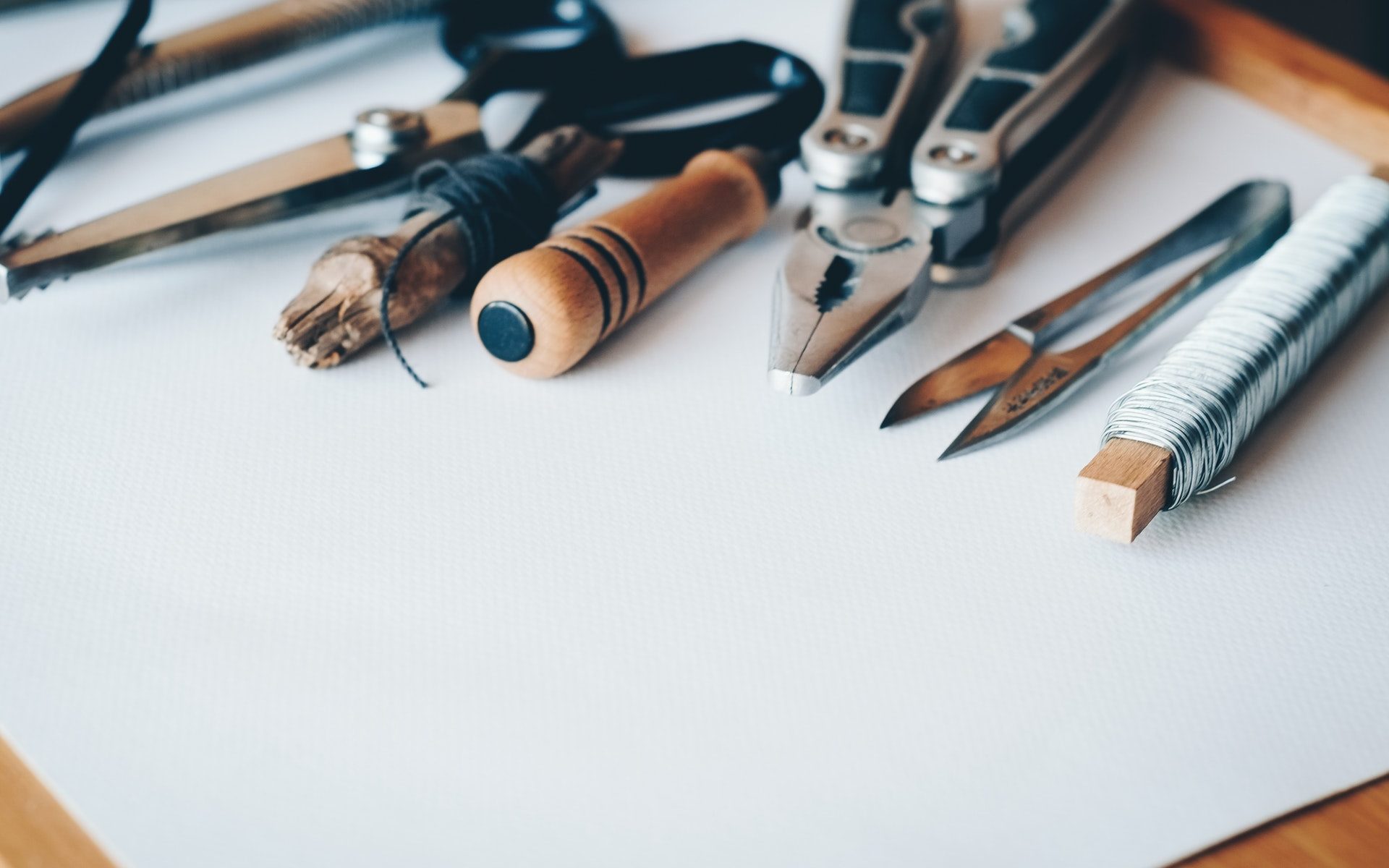Note: I originally published this back in December of 2015 on Medium. Reposting it here. My writing style has changed over the years, so please be nice.
How you spend your 20s is hugely important for determining who you’ll become — personally and professionally — in the future.
Start waking up early.
Countless studies have concluded that early risers are more successful. Sleep experts say that if you go to bed earlier and wake up earlier, your body will be more in tune with the earth’s circadian rhythms, which offers more restorative sleep
Start traveling.
Don’t be a tourist but a traveler. This will help increase your vision and make you realize how big and small the world is at the same time.
Start taking care of your health.
The simplest and most important action you can take is to protect your health. Once it’s gone, it’s really hard to bring back. Most people in their 40s and beyond would trade money for health.
Start showing loved ones you care.
Little gestures, kind words. It’s not about constant contact, but more about finding mutual ways to share your life with the people you care most about.…And if you have a partner, show your love. Take nothing for granted. Life happens.
Start learning how to cook.
You might live alone now, but chances are at some point, you’ll be cohabiting with a significant other and/or kids — and this skill will come in handy.
Start asking questions.
By asking questions, you’re getting different perspectives from different people. Scientists say this kind of curiosity and knowledge-seeking can strengthen your personal relationships because you spend time listening, and boost your performance at work because you always want to learn and improve.
Start practicing mindfulness.
Mindfulness is about becoming more aware of your thoughts, feelings, bodily sensations, and surroundings. Experts say it can help you perform better at work because it allows you to deal with stress in a more healthy way.
Start appreciating failure.
Take risks. Merely out of our teens, taking risks and failing is the best thing that can contribute to the making of an adult. The more we fail, the more we learn.
Start taking alone time.
Experts recommend spending at least half an hour every day in solitude. Make sure you don’t have your phone with you: Researchers say humans need true solitude, away from texts and Twitter, in order to understand their own behavior and experiences.
Stop feeling bad about the past.
There are two kinds of people in the world: People who live their lives looking back, and people who live their lives looking forward.




